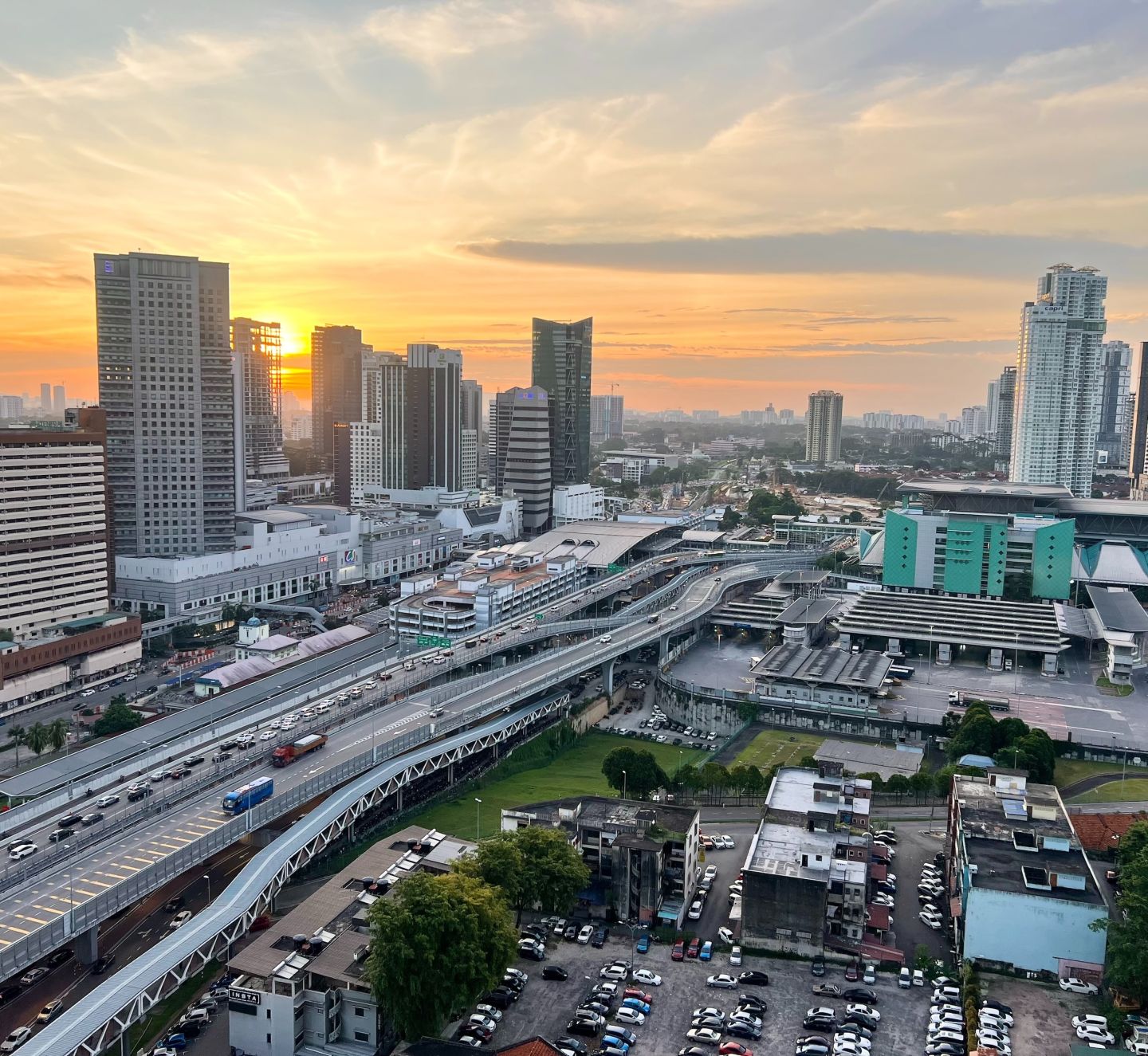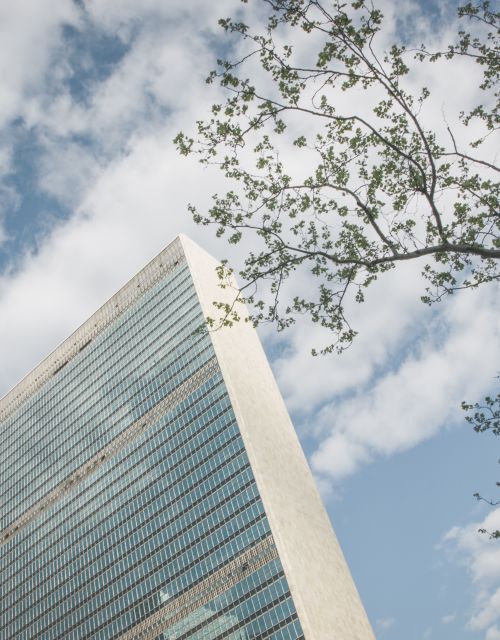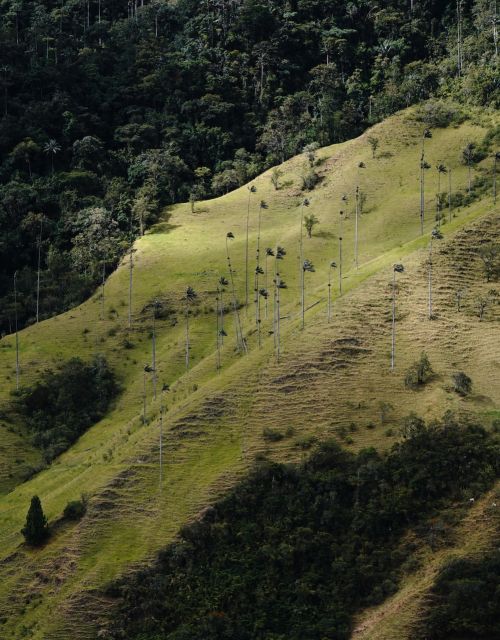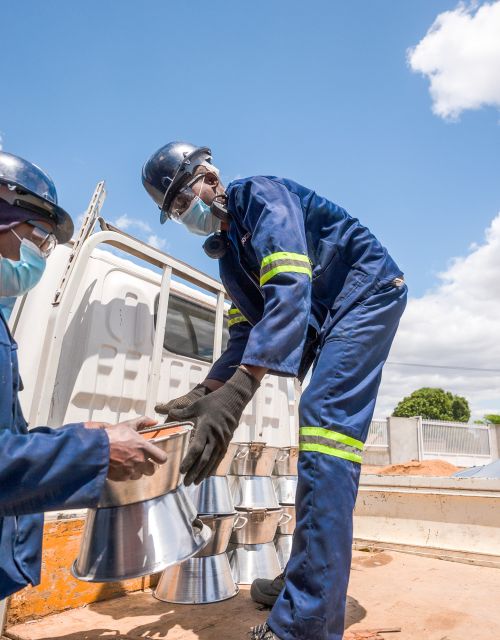Contact us
About us
View all



- About us About us
- Mission
- Leadership
- Locations
- Our Commitment to Integrity

Our commitment to integrity

South Pole’s 2024 Impact Report
We are committed to integrity in carbon project risk management, quality & compliance protocols.
Find out more
- About us What we do
- Climate Consulting
- Environmental Certificates
- Project Finance

Our commitment to integrity

South Pole’s 2024 Impact Report
We are committed to integrity in carbon project risk management, quality & compliance protocols.
Find out more
- About us Work & impact
- South Pole at work
- Discover our projects
- South Pole’s 2023 Sustainability Report
- The 2025 South Pole Net Zero Report

Our commitment to integrity

South Pole’s 2024 Impact Report
We are committed to integrity in carbon project risk management, quality & compliance protocols.
Find out more

Our commitment to integrity

South Pole’s 2024 Impact Report
We are committed to integrity in carbon project risk management, quality & compliance protocols.
Find out more
What we do
View all



- What we do Climate Consulting
- Navigate regulations, measure and report impact and risks
- Set Science-Based Targets & Build Net Zero Resilience
- Supply Chain Decarbonisation: Engage Stakeholders & Reduce Scope 3 Emissions

Purchase carbon credits and finance climate action

Energy Attribute Certificates (EACs)
We are committed to integrity in carbon project risk management, quality & compliance protocols.
Read more
- What we do Environmental Certificates
- Understand markets and plan a future-ready portfolio
- Choose purchase-ready Carbon Credits, Energy Attribute Certificates (EACs) and more
- Secure a long-term stream of carbon credits

Purchase carbon credits and finance climate action

Energy Attribute Certificates (EACs)
We are committed to integrity in carbon project risk management, quality & compliance protocols.
Read more
- What we do Project Finance
- Finance decarbonisation at scale
- Discover our projects

Purchase carbon credits and finance climate action

Energy Attribute Certificates (EACs)
We are committed to integrity in carbon project risk management, quality & compliance protocols.
Read more

Purchase carbon credits and finance climate action

Energy Attribute Certificates (EACs)
We are committed to integrity in carbon project risk management, quality & compliance protocols.
Read more
Our work & impact
View all



- Our work & impact South Pole at work
- Driving net zero plastic to nature for Bentley
- Building a net zero roadmap for Nestlé
- Insuring a greener future with Singlife
- A roadmap for delivering emission reductions with Sendle
- View all

The South Pole Net Zero Report 2025

South Pole’s 2024 Impact Report
We are committed to integrity in carbon project risk management, quality & compliance protocols.
Read more
- Our work & impact Who we work with
- Aviation and airlines
- Energy/Utilities
- Fashion Industry
- Financial Sector
- Food and Beverage
- Public Sector
- Philanthropy Partnerships
- Real Estate
- View all

The South Pole Net Zero Report 2025

South Pole’s 2024 Impact Report
We are committed to integrity in carbon project risk management, quality & compliance protocols.
Read more
- Our work & impact Discover our projects
- Nature Based Solutions
- Community and Clean Water
- Renewable Energy
- Waste to Energy
- Plastic Solutions
- View all

The South Pole Net Zero Report 2025

South Pole’s 2024 Impact Report
We are committed to integrity in carbon project risk management, quality & compliance protocols.
Read more

The South Pole Net Zero Report 2025

South Pole’s 2024 Impact Report
We are committed to integrity in carbon project risk management, quality & compliance protocols.
Read more
News & insights
View all

- News & insights News
- Latest News
- Press releases
We are committed to integrity in carbon project risk management, quality & compliance protocols.
Read more
- News & insights Events
- Upcoming events
- Past events
- South Pole at COP30
- South Pole at Climate Week NYC 2025
We are committed to integrity in carbon project risk management, quality & compliance protocols.
Read more
- News & insights Penguin Perspectives Blog
- Carbon markets: A vital tool for emerging economies
- From data to decarbonisation: Building your strategy with a digital climate platform
- Beyond basic EACs: Drive corporate sustainability with renewable energy procurement
- Five business reasons to switch to renewable energy today
- The evolving definition of integrity in the carbon market
- View all
We are committed to integrity in carbon project risk management, quality & compliance protocols.
Read more
- News & insights Latest Downloads
- The 2025 Carbon Market Buyer’s Guide
- A Quick Guide to Carbon Market Integrity
- A Quick Guide to Climate Transition Plans
- A Quick Guide to the CSRD (Corporate Sustainability Reporting Directive)
- The 2025 South Pole Net Zero Report
- View all
We are committed to integrity in carbon project risk management, quality & compliance protocols.
Read more
- News & insights Trending Topics
- Article 6: Driving international cooperation and emission reduction
- Compliance and Reporting
- Decarbonise your supply chain and reduce scope 3 emissions
- Driving business resilience through biodiversity
- View all
We are committed to integrity in carbon project risk management, quality & compliance protocols.
Read more
We are committed to integrity in carbon project risk management, quality & compliance protocols.
Read more
About us
What we do
Our work & impact
News & insights
- Carbon markets: A vital tool for emerging economies
- From data to decarbonisation: Building your strategy with a digital climate platform
- Beyond basic EACs: Drive corporate sustainability with renewable energy procurement
- Five business reasons to switch to renewable energy today
- The evolving definition of integrity in the carbon market
- View all

Our commitment to integrity

South Pole’s 2024 Impact Report

Purchase carbon credits and finance climate action

Energy Attribute Certificates (EACs)

The South Pole Net Zero Report 2025

South Pole’s 2024 Impact Report
We are committed to integrity in carbon project risk management, quality & compliance protocols.
Find out more
We are committed to integrity in carbon project risk management, quality & compliance protocols.
Read more
We are committed to integrity in carbon project risk management, quality & compliance protocols.
Read more
We are committed to integrity in carbon project risk management, quality & compliance protocols.
Read more








